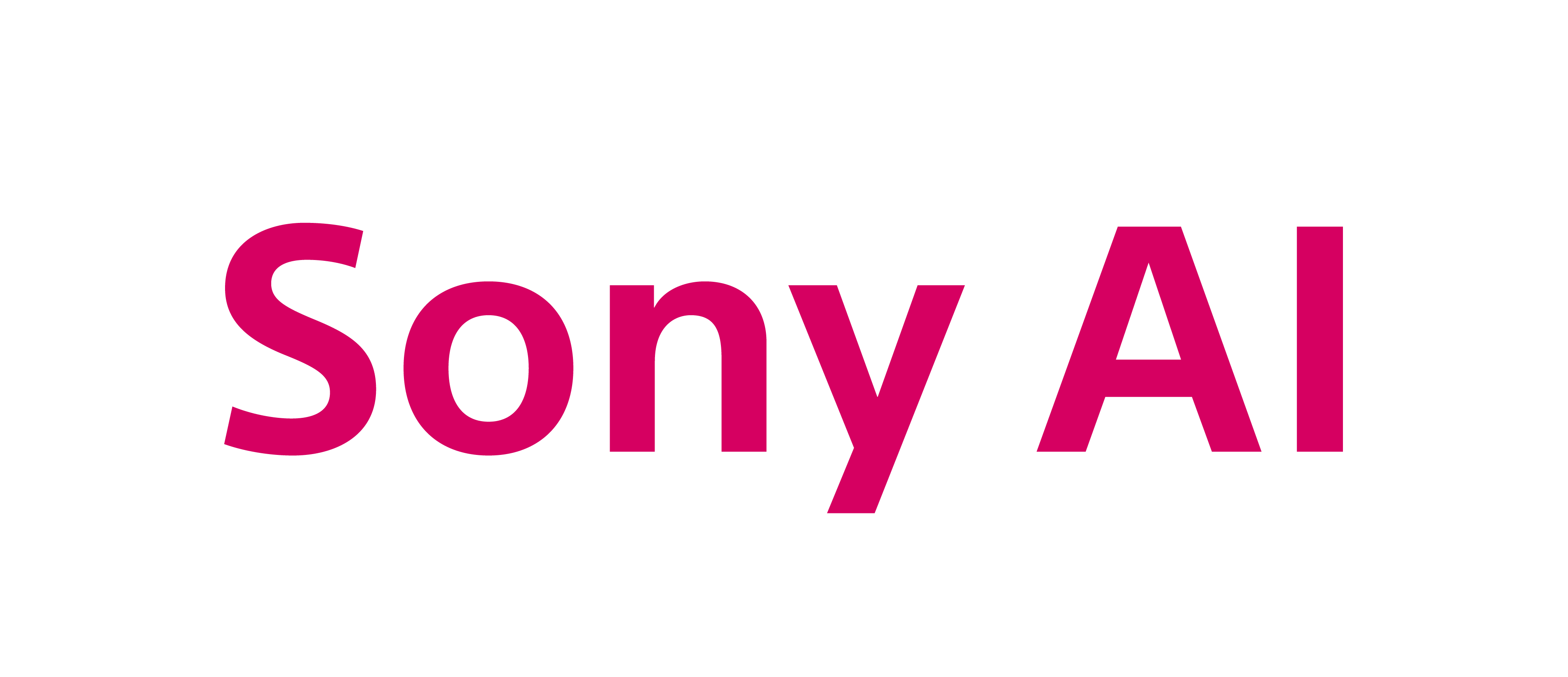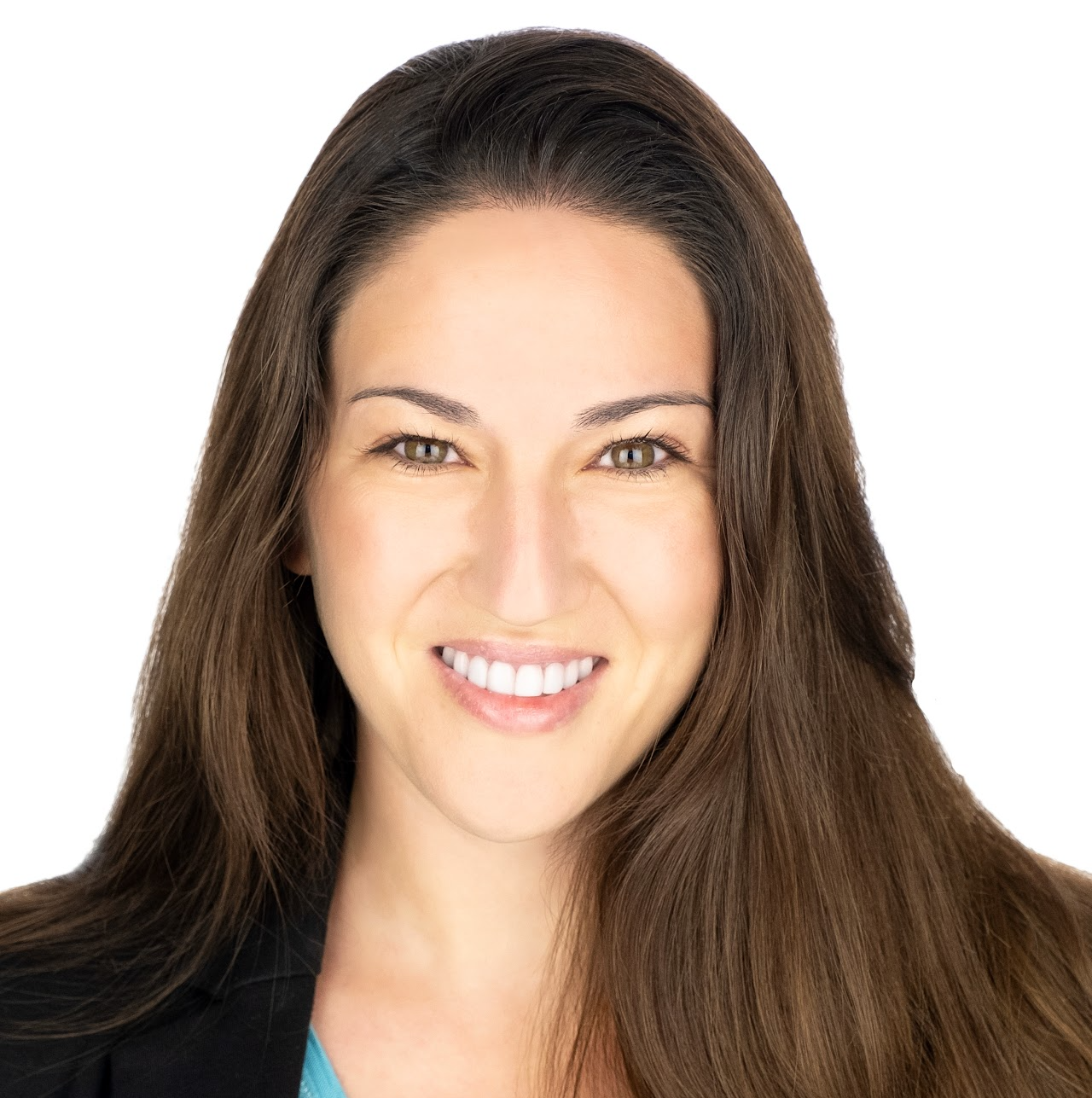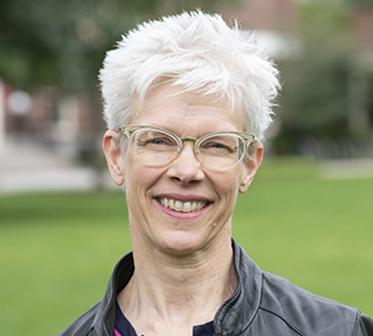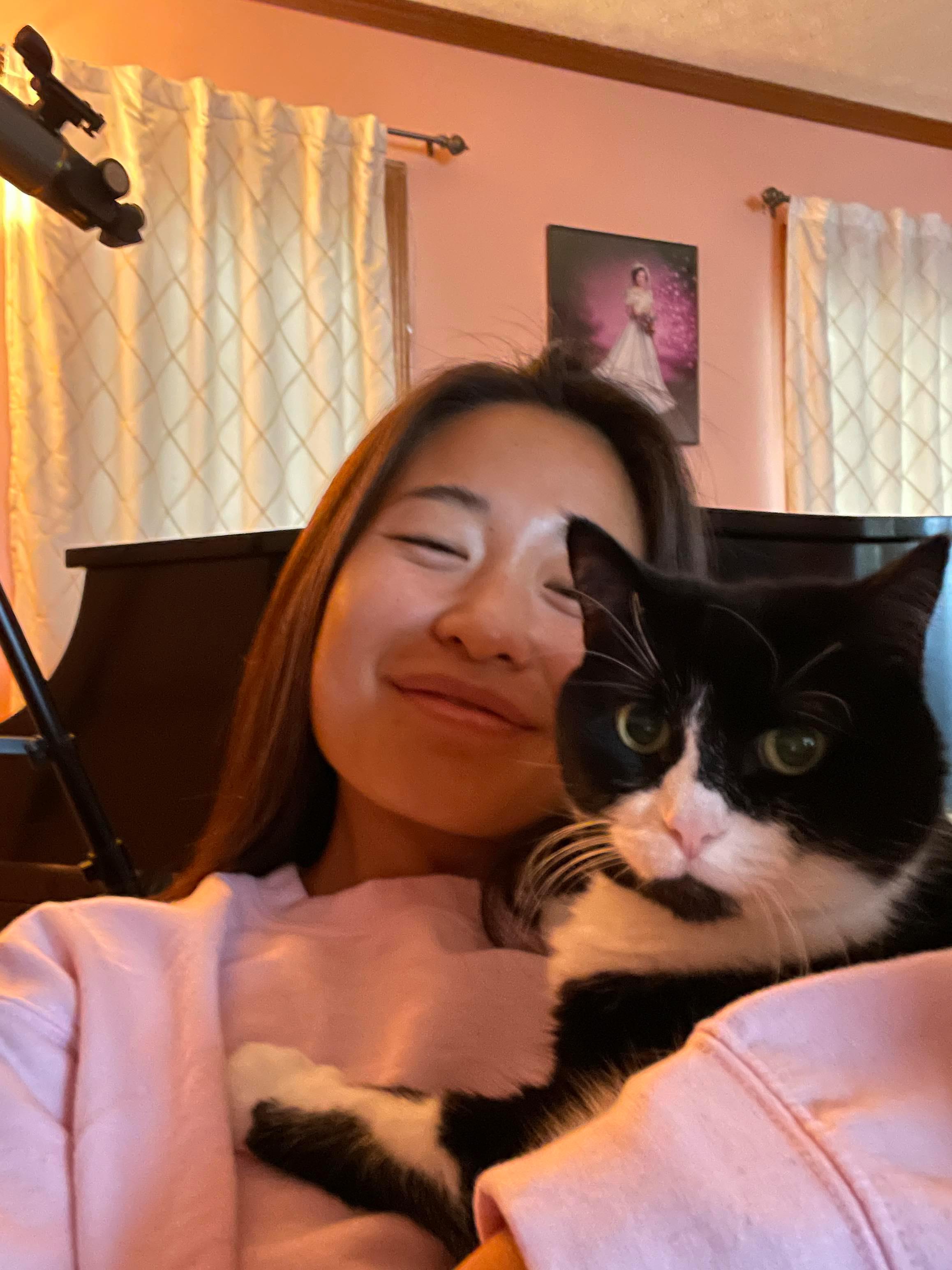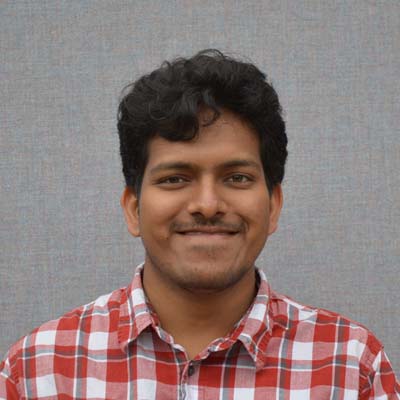Our workshop focuses on these goal-conditioned RL (GCRL)
Our workshop aims to bring together researchers studying the theory, methods, and applications of GCRL, researchers who might be well posed to answer questions such as:
- How does goal-directed behavior in animals inform better GCRL algorithmic design?
- How can GCRL enable more precise and customizable molecular generation?
- Do GCRL algorithms provide an effective mechanism for causal reasoning?
- When and how should GCRL algorithms be applied to precision medicine?
The workshop aims to foster an inclusive environment where researchers and practitioners from all backgrounds can engage in discussions and build collaborations on the theory, methods, and applications of GCR.
Broadly, the workshop will focus on the following topics and problems:
Connections : What are the connections between GCRL and representation learning, few-shot learning, and self-supervised learning? When does (say) effective representation learning emerge from GCRL?Future directions : What are limitations of existing methods, benchmarks, and assumptions?Algorithms : How might we improve existing methods, and do this in a way that enables applications to broader domains (e.g., molecular discovery, instruction-following robots)?
| Time (GMT-6) | ||
|---|---|---|
| 09:00 am - 09:55 am | ||
| 09:55 am - 10:00 am | |
|
| 10:00 am - 10:40 am | Invited Speaker 1 Jeff Clune |
|
| 10:40 am - 11:20 am | Invited Speaker 2 Reuth Mirsky |
|
| 11:20 am - 12:00 pm | Invited Speaker 3 Olexandr Isayev |
|
| 12:00 pm - 13:30 pm | Lunch Break | |
| 13:30 pm - 14:15 pm | Panel Discussion | |
| 14:20 pm - 15:00 pm | Invited Speaker 4 Yonatan Bisk |
|
| 15:00 pm - 15:15 pm | Coffee Break | |
| 15:15 pm - 15:50 pm | Contributed Talks
|
|
| 15:50 pm - 16:30 pm | Invited Speaker 5 Susan Murphy |
|
| 16:30 pm - 17:30 pm |
▻ 5-min video or 2-page report (You choose!)
Areas of Interest
We solicit submissions related to (but not limited to) the following topics:Algorithms.
We encourage both proposals of new methods, as well as analyses and/or evaluations of existing ones.Connections between goal-conditioned RL and other ML areas.
Examples might include representation learning, self-supervised learning, adversarial training, probabilistic inference, metric learning, duality, etc.Applications of goal-conditioned decision making.
In addition to common decision making tasks (e.g., robotics and games) and goal-conditioned applications (e.g., instruction-following, molecular discovery), we especially encourage work in goal-conditioned domains where GCRL is not (yet) the mainstream strategy
Accessible Submission Format
The workshop will accept submissions in a more casual format to encourage new ideas and to be more accessible.
- A submission choose one of
two tracks , which havedifferent submission formats :-
Video Track: Submit a video (e.g., narrated slide deck, recorded talk) in mp4 format with at most 5 minutes.Video track submissions must providea pdf appendix , containing sufficient details of the method and experiments. Reviewers are instructed to evaluated submission based on the video, and consult the appendix if details aren't clear.The appendix should be in the NeurIPS style. At most 2-pages of appendix can be details of methods and experiments. -
Short-Report Track: Submit A report in the NeurIPS style with at most 2 pages (unlimited on appendices and references).
-
- Submissions should
maximize clarity and explanation . E.g., concise clear bullet points are preferred (even with incomplete sentences) over long detailed paragraphs. - Submissions should still
properly justify their significance . Accepted submissions will be required to submit a 4-page (or shorter) report containing sufficient details for future reference and reproducibility.
Submission Instructions
- All submissions will be managed through OpenReview.
- The review process is
double-blind so the submission should be anonymized. For video submission, natural voice narration is still considered anonymized. However, the video must not show authors' faces or names. Format: 5-minute video or 2-page report. See above.- One author of each submission must serve as a reviewer, responsible for reviewing up to 3 submissions.
- We have a small number of free conference registrations, which we will offer to authors from historically underrepresented groups.
- All participants must adhere to the NeurIPS Code of Conduct.
Review Guideline
- Submissions will be evaluated based on clarity, novelty, soundness, and relevance to theme of the workshop. Both empirical and theoretical contributions are welcomed.
- Reviewers are instructed to give feedbacks and ideas for future improvements.
- (To be finalized)
Important Dates
- Submission deadline: October 4th, 2023, AoE.
- Author Notifications: October 17th, 2023, AoE.
- Workshop: December 15th, 2023.
-
Bi-Directional Goal-Conditioning on Single Value Function for State Space Search Problems
[link]
-
Does Hierarchical Reinforcement Learning Outperform Standard Reinforcement Learning in Goal-Oriented Environments?
[link]
-
Backward Learning for Goal-Conditioned Policies
[link]
-
Numerical Goal-based Transformers for Practical Conditions
[link]
-
METRA: Scalable Unsupervised RL with Metric-Aware Abstraction
[link]
-
Simple Data Sharing for Multi-Tasked Goal-Oriented Problems
[link]
-
Score-Models for Offline Goal-Conditioned Reinforcement Learning
[link]
-
Waypoint Transformer: Reinforcement Learning via Supervised Learning with Intermediate Targets
[link]
-
GOPlan: Goal-conditioned Offline Reinforcement Learning by Planning with Learned Models
[link]
(spotlight)
-
Hierarchical Empowerment: Toward Tractable Empowerment-Based Skill Learning
[link]
-
Universal Visual Decomposer: Long-Horizon Manipulation Made Easy
[link]
-
Efficient Value Propagation with the Compositional Optimality Equation
[link]
-
Stabilizing Contrastive RL: Techniques for Robotic Goal Reaching from Offline Data
[link]
-
Contrastive Difference Predictive Coding
[link]
-
Using Proto-Value Functions for Curriculum Generation in Goal-Conditioned RL
[link]
-
Entity-Centric Reinforcement Learning for Object Manipulation from Pixels
[link]
(spotlight)
-
An Investigation into Value-Implicit Pre-training for Task-Agnostic, Sample-Efficient Goal-Conditioned Reinforcement Learning
[link]
-
Multi-Resolution Skill Discovery for Hierarchical Reinforcement Learning
[link]
-
Middle-Mile Logistics Through the Lens of Goal-Conditioned Reinforcement Learning
[link]
-
Is feedback all you need? Leveraging natural language feedback in goal-conditioned RL
[link]
(spotlight)
-
Closing the Gap between TD Learning and Supervised Learning -- A Generalisation Point of View.
[link]
-
GROOT: Learning to Follow Instructions by Watching Gameplay Videos
[link]
-
Causality in Goal Conditioned RL: Return to No Future?
[link]
(spotlight)
-
Zero-Shot Robotic Manipulation with Pre-Trained Image-Editing Diffusion Models
[link]
-
Automata Conditioned Reinforcement Learning with Experience Replay
[link]
(spotlight)
-
Empowering Clinicians with MeDT: A Framework for Sepsis Treatment
[link]
(spotlight)
-
Goal-Conditioned Recommendations of AI Explanations
[link]
-
STEVE-1: A Generative Model for Text-to-Behavior in Minecraft (Abridged Version)
[link]
-
Asymmetric Norms to Approximate the Minimum Action Distance
[link]
-
Goal-Conditioned Predictive Coding for Offline Reinforcement Learning
[link]
-
Goal Misgeneralization as Implicit Goal Conditioning
[link]
We would like to thank the following people for their agreeing to review and making this workshop a success!
